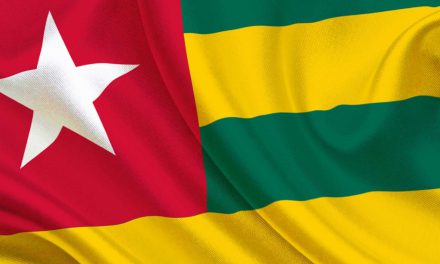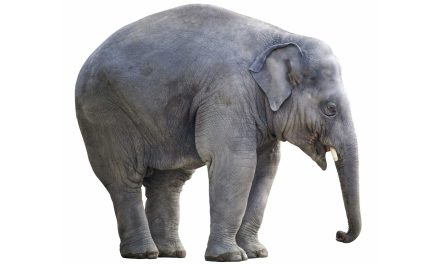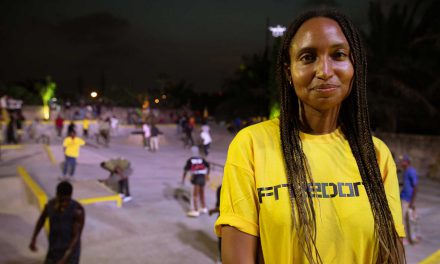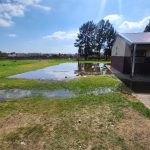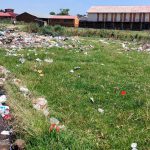The University of Cape Town (UCT) is consistently ranked as the top performing tertiary institution on the continent. In the Times Higher Education (THE) rankings released in October 2022, it had climbed to 160th in the world, up from 183rd the previous year. More recently, in February this year, it was revealed that Vice-Chancellor Mamokgethi Phakeng had been gifted a golden handshake, otherwise known as an “early retirement package” of R12 million (about $651,000). Phakeng has been accused of bullying staff and undermining academic freedom at the university. The university eventually suspended her in mid-February; this after long-serving and high-profile staff left in silent protest over the way the university was being run. It certainly took long enough; she has been in the role for nearly five years, and it is no secret that her reign at the helm has been controversial.
What does a vice-chancellor’s behaviour at the southern tip of Africa have to do with inclusive governance? In a nutshell, academic freedom is the bedrock of a free society. The freedom to explore and debate controversial ideas is a raison d’etre for universities. Most universities started out as bastions of the search for truth and knowledge. Ideas from academia – like freedom of expression as a civil liberty – filter out into civil society and help citizens to hold governments to account. Where academic freedom is undermined, civil rights in broader society soon flounder.
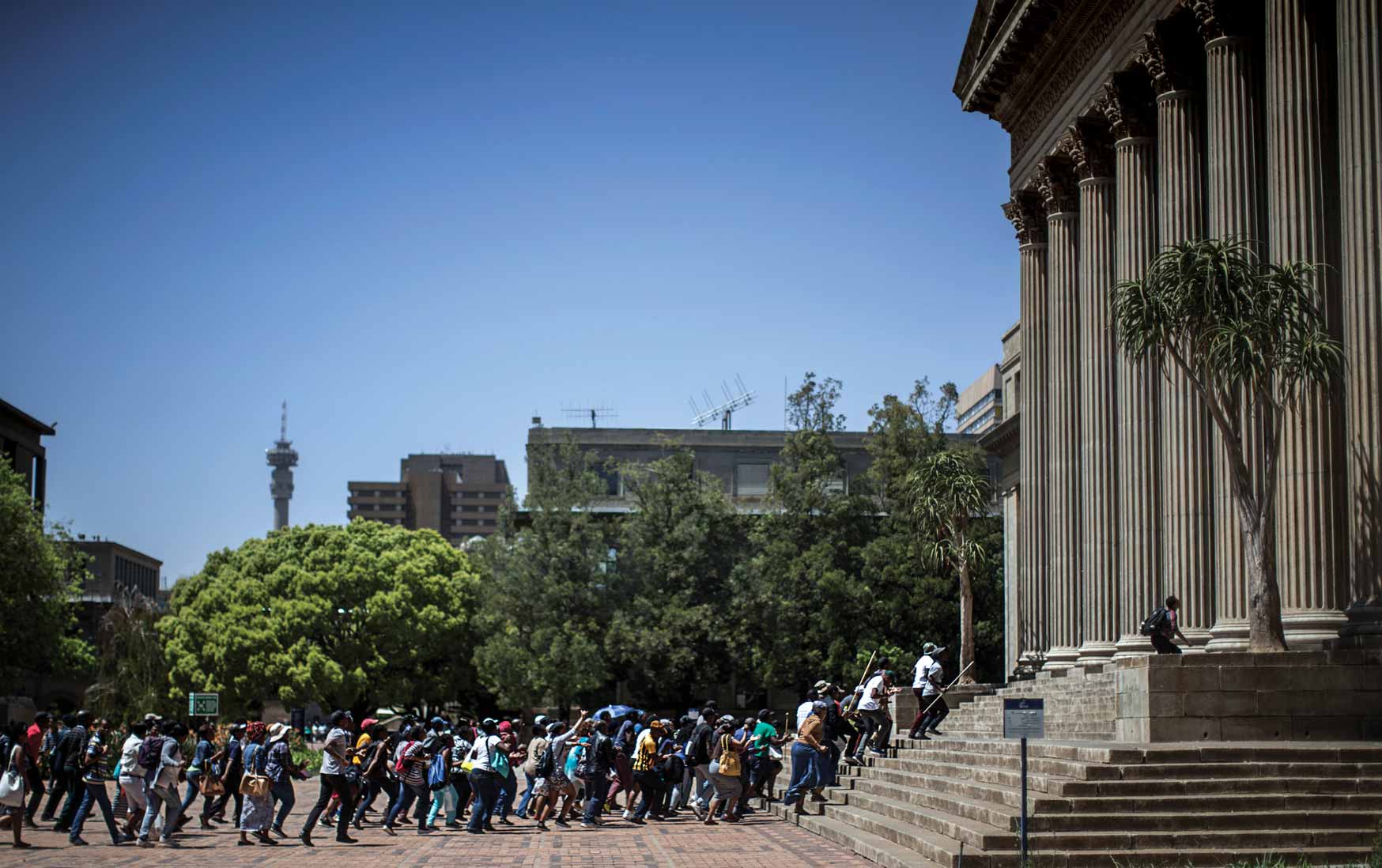
University of the Witwatersrand (Wits) in Johannesburg. (Photo: Marco Longari/AFP)
This is why “cancel culture” should be avoided at all costs. The proclivity to silence or damage the reputation of people who share contentious views sets us down a slippery slope towards George Orwell’s 1984. Self-censorship ensues and eventually makes it impossible to hold governments to account. The economic literature is clear that government effectiveness and citizen strength need to work together to create narrow corridors in which economic dynamism can flourish and generate broad-based development. Without the robust exchange of ideas and a willingness to hear one another’s views, citizen strength will dissipate.
Conceptually, tolerance sits at the heart of the idea of academic freedom and its societal cousin, freedom of expression. Tolerance, truly understood, is probably best defined by Voltaire: “We are all formed of frailty and error; let us pardon reciprocally each other’s folly – that is the first law of nature.” Religious fanaticism can often lead to intolerance of ideas that buck the prevailing orthodoxy. Hence Copernicus had to hold his ground against the Catholicism of his day to defend the simple truth of what he observed. We should learn from history. It is increasingly clear that universities across the “west” are succumbing to a kind of stifling political correctness that violates the very substance of tolerance.
Greg Lukianoff and Jonathan Haidt compellingly demonstrate in their book, The Coddling of the American Mind, that universities are increasingly animated by the maxim that any offensive idea, no matter how true, should not be spoken. Texts which may offend, we are told, must now come with “trigger warnings”, as universities are meant to be “psychologically safe spaces” for the student. Instead of being a place where ideas are interrogated and defended with reason and cogent argument, universities are losing their identity because they answer to the student as a customer (who is always king) rather than to the mission of establishing the truth by empirically rigorous means.

Lukianoff and Haidt show that if texts are read as “violence” against whichever party chooses to take offence, then physical violence quickly becomes a rationalised response to people who even dare ask questions about the prevailing orthodoxy.
Hence, people who ask questions about whether trans women are really women are immediately dismissed or insulted as “transphobes”. Instead of reasoning together, “woke” Twitter mobs are quick to denounce everyone who questions Orwell’s O’Brien (big brother) as a bigot. This point is also well made by Debrah Soh in her book, The End of Gender. Authors Helen Pluckrose and James Lindsay are similarly astute in their interrogation of critical race theory and critical social justice as cynical, dangerous theories that violate tolerance and render everyone racist who questions the “anti-racist” ideology of the day, which presupposes that “whiteness” is necessarily a sin for which one can never fully atone.
UCT has much work to do recover lost ground in its quest to restore academic freedom. Philosophy professor David Benatar, who has written the definitive work thus far on the precipitous fall of the institution, The Fall of the University of Cape Town, provides an excellent account of what freedom of expression should look like in the university context. In November 2018 UCT student Masixole Mlandu tweeted the first few pages of his Political Studies Honours research project in which the acknowledgements page ended with “One settler, One bullet”. A day later he tweeted “One Settler, One Bullet. Each bullet will take us closer to freedom.” Benatar rightly denounces the tweets as morally repugnant. But he continues – in the fashion of Voltaire – to argue that “even if tweets like Mr Mlandu’s are prohibited by South African statute and by UCT’s rules, they ought not to be – both constitutionally and morally.”
For the tweets to be truly unconstitutional, they would have to possess an “incitement to cause harm”. Benatar goes on to argue that despite the moral repugnance, the tweets should be allowed precisely because freedom of expression is a very important value, which “can easily be eroded if one fails to maintain a high threshold for what counts as incitement. If merely contributing towards the creation of an incendiary climate counts as incitement, then the expression of many opinions could be counted as ‘incitement’ and thus banned.” We can see the slippery slope.
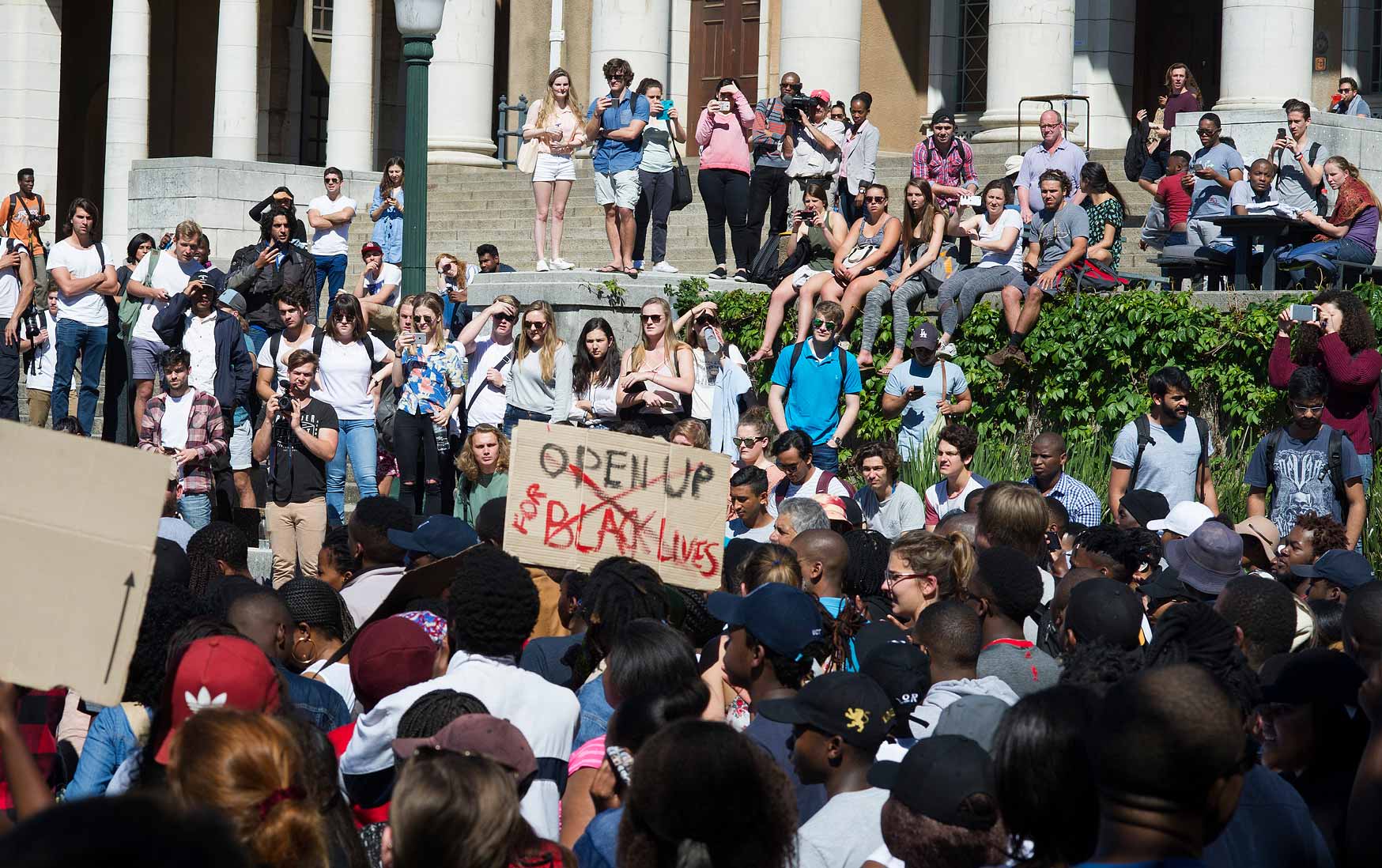
Benatar argues that instead of banning tweets, it is morally preferable to hold Mlandu to account for his actions, which may well end up inciting violence. But the university failed on precisely this point, with Phakeng replying to Mlandu’s initial tweet with a “Congratulations dear son on completing this paper!” While hateful speech is tolerated, two other events suggest that the university has been infiltrated with a highly selective sense of what should count as free expression.
First, even before Phakeng’s time, Flemming Rose, author of The Tyranny of Silence, was invited and subsequently disinvited (by then VC Max Price) from delivering the TB Davie academic freedom lecture in 2016. When he was the editor of Danish newspaper Jyllands-Posten, Rose published drawings and cartoons depicting the prophet Mohammed. Benatar rightly remarks that “it is unsurprising that Mr Rose’s unrepentant publication of the Mohammed illustrations makes him a controversial figure.
However, it is precisely such a person who is a barometer of how much freedom of expression we enjoy. Everybody is willing to tolerate some speech. The real test of freedom of expression occurs when people are asked to tolerate the speech of those whose ideas they do not like.” The university executive overrode the Academic Freedom Committee’s invitation to Rose, inciting the view that there were appropriate limits to free expression. But inciting limits without indicating how exactly they satisfy the sufficient criteria for limitation creates easy but unjustifiable justifications for limiting speech.
Second, Professor Phakeng herself actively tried to suppress academic freedom by weighing on Professor Nicoli Nattrass to withdraw a paper that she had published in the South African Journal of Science in 2020. This was on the back of pressure from an anonymous grouping called the Black Academic Caucus, who expressed outrage at the paper by misinterpreting its findings as racist. It was also after Phakeng had phoned the editor of the journal, Jane Carruthers, to advise retraction. Nattrass refused, and the journal similarly refused to capitulate, and ran a full issue with responses and a response to the critics from Nattrass herself.
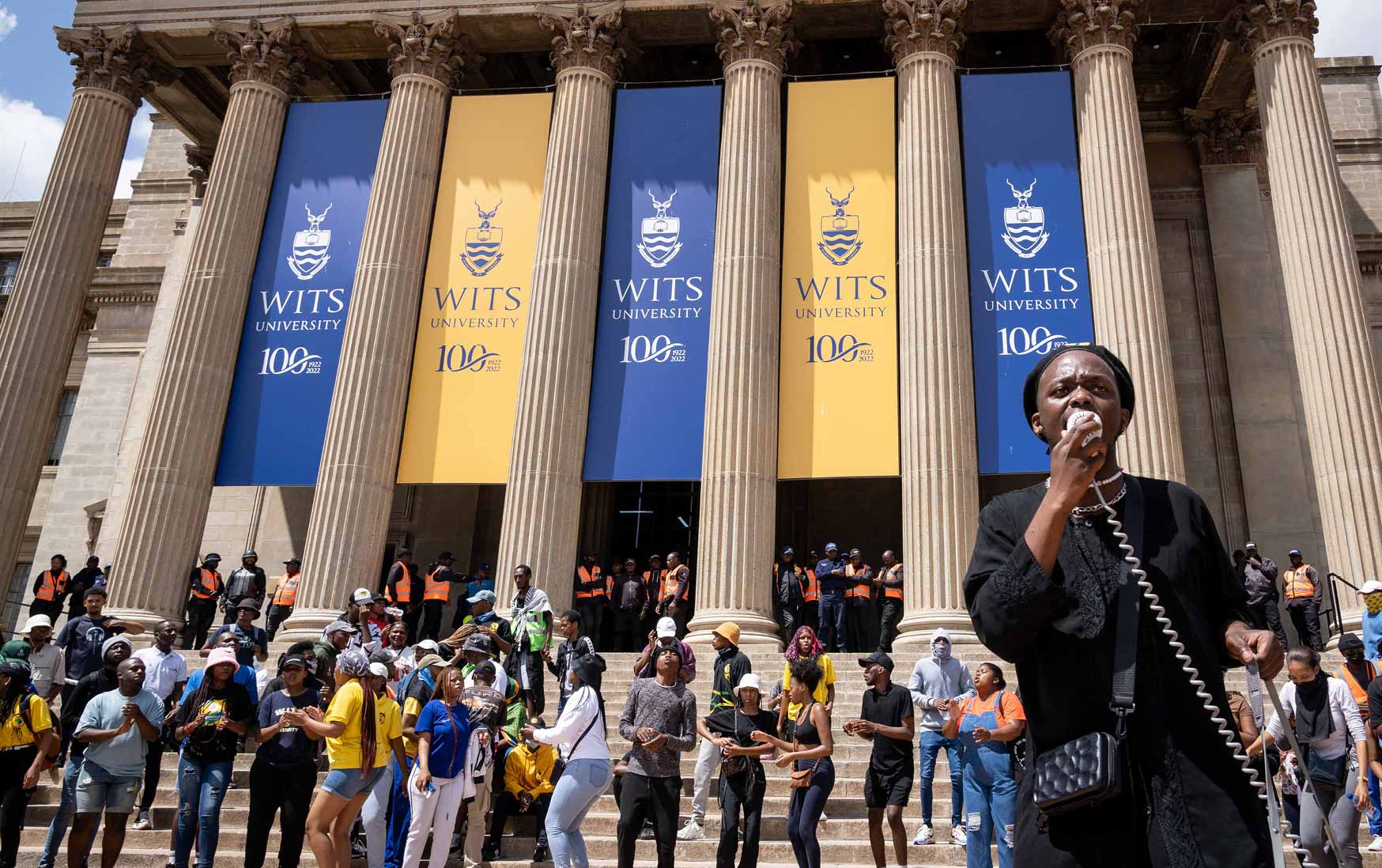
Demonstrating students sing and dance outside the Great Hall at the University of the Witwatersrand (Wits) in Johannesburg in March 2023, for what they alleged was a lack of adequate support from the university for unhoused students and those with outstanding fees. (Photo: AFP)
This is precisely how science should work – no cancellation, only argument. South Africa’s Academy of Science rightly released a statement after the debacle saying that it “upholds the academic freedom of any author to submit for publication the results of research in a scholarly journal subject, of course, to editorial review processes and approval.” The chair of UCT’s Academic Freedom Committee retweeted the statement with a view that this made it clear that academic freedom was not a “blank cheque”. As Benatar points out, though, nobody was suggesting that it was a blank cheque. There is a fundamental difference between reasoning about where the limits should lie and attempting to have a paper that had already passed all the rigour of science withdrawn.
The case of UCT and Professor Phakeng illustrates that academic freedom is the bedrock on which free expression in broader society rests; that free expression is to be carefully guarded. It means that citizens must override the temptation to cancel and instead engage through proper argument. Limiting free expression too hastily soon segues into justifying unjustifiable limits.
Without free expression, our combined ability to hold governments to account for corruption or ineffectiveness will quickly be eroded. Clearly, then, freedom of expression is integral to inclusive governance. Phakeng will be packing her bags, which is only right, but the hard work of restoring academic freedom throughout UCT and other universities has only just begun.
Dr Ross Harvey is a natural resource economist and policy analyst, and he has been dealing with governance issues in various forms across this sector since 2007. He has a PhD in economics from the University of Cape Town, and his thesis research focused on the political economy of oil and institutional development in Angola and Nigeria. While completing his PhD, Ross worked as a senior researcher on extractive industries and wildlife governance at the South African Institute of International Affairs (SAIIA), and in May 2019 became an independent conservation consultant. Ross’s task at GGA is to establish a non-renewable natural resources project (extractive industries) to ensure that the industry becomes genuinely sustainable and contributes to Africa achieving the Sustainable Development Goals (SDGs). Ross was appointed Director of Research and Programmes at GGA in May 2020.


